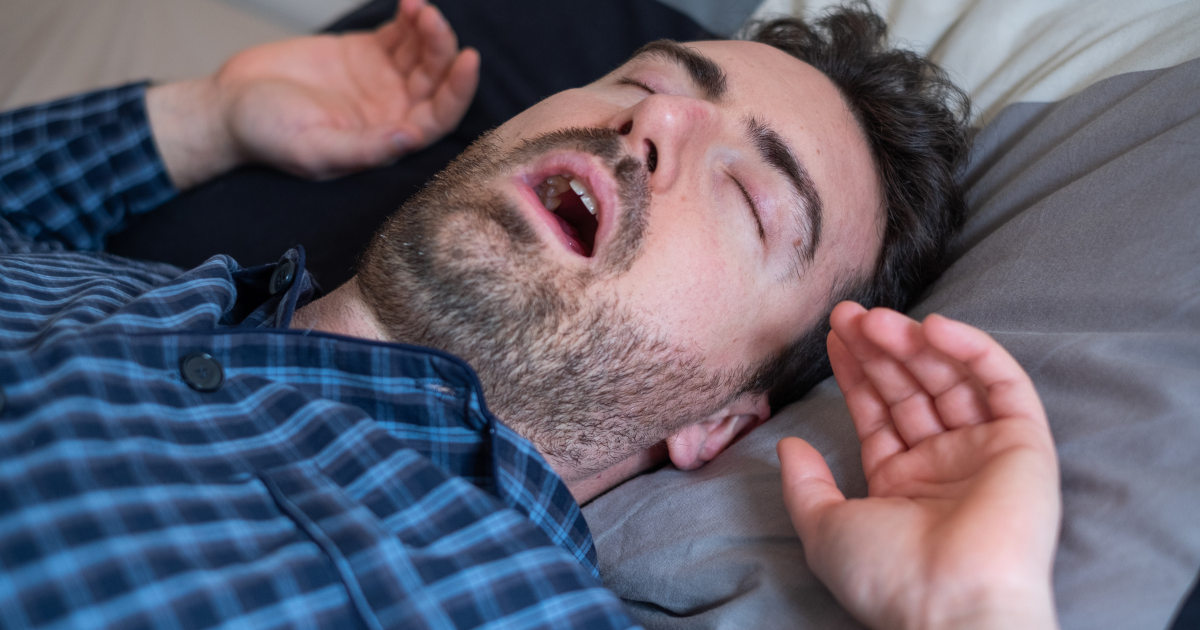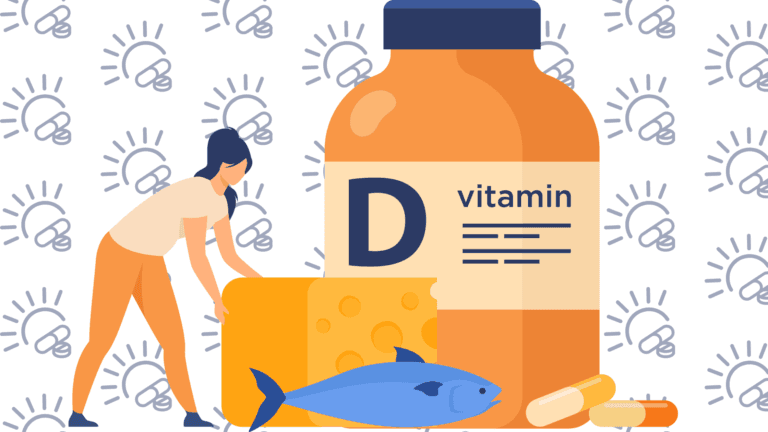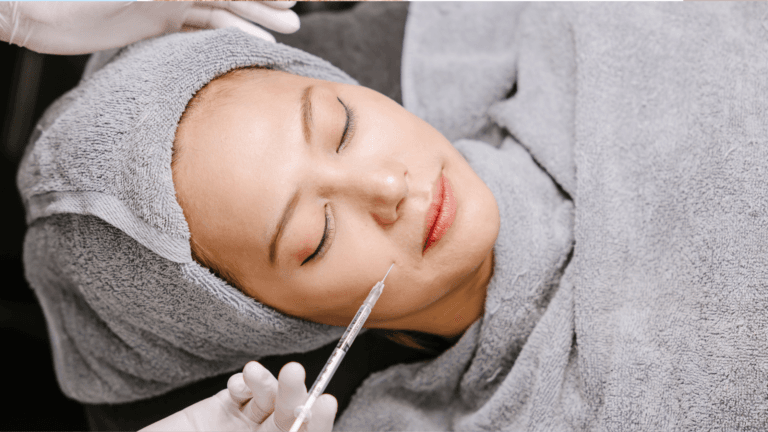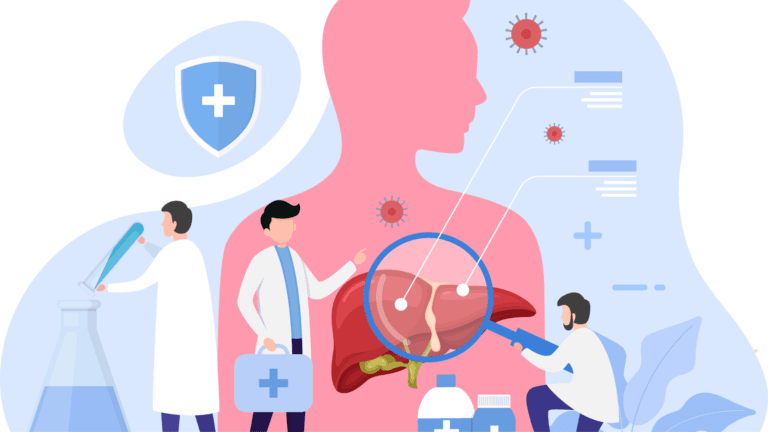
Berdi
urinary Track Health
Sleep is the only time when your mind and body can really relax. It’s time to unwind and let go of all the things burdening you. You are lucky if you have no trouble getting sound sleep each night. Many fail to experience this well-deserved rest due to their common sleep disorders.
If you’re reading this, chances are you’re one of the millions of people who struggle with getting a good night’s sleep. Maybe you’re tossing and turning all night, snoring up a storm, or experiencing strange and unsettling parasomnias like sleepwalking or night terrors. Whatever your sleep struggles may be, you’re not alone.
Millions of people worldwide suffer from sleep disorders, making it difficult to get a good night’s rest. A sleeping disorder, also known as a sleep disorder, is a condition that affects a person’s ability to get a restful and restorative night’s sleep. There are many different types of sleep disorders, but some of the most common sleep disorders include insomnia, sleep apnea, and narcolepsy.
Insomnia is one of the most common sleep disorders affecting millions worldwide. It is characterised by difficulty falling or staying asleep, leading to fatigue, irritability, and difficulty concentrating during the day. Insomnia can be acute, lasting only a few days or weeks, or chronic, lasting for months or even years.
According to a study by the American Academy of Sleep Medicine, insomnia affects up to 30% of adults, with women being more likely to experience the disorder than men. Various factors, including stress, anxiety, depression, medications, and lifestyle factors, such as caffeine consumption and irregular sleep schedules, can cause insomnia.
Several treatments are available for insomnia, including cognitive behavioural therapy, medication, and relaxation techniques. Cognitive behavioural therapy is an effective long-term treatment for insomnia, with a study published in the Journal of Clinical Sleep Medicine proving that it significantly improves sleep quality and daytime functioning.
In addition to seeking professional treatment, several lifestyle changes can help improve sleep quality for those with insomnia. These include maintaining a regular sleep schedule, avoiding caffeine and alcohol, and relaxing before bed.
In summary, insomnia is one of the common sleep disorders that can significantly negatively affect a person’s physical and mental health. With proper diagnosis and treatment, however, most people with insomnia can improve their sleep quality and overall quality of life.

Sleep apnea is another one of the common sleep disorders that affects millions of people worldwide. It is characterised by interruptions in breathing during sleep, which can lead to poor sleep quality and low oxygen levels in the body. Sleep apnea is typically caused by a blockage in the airway, which can occur due to obesity, enlarged tonsils, or other factors.
Research has shown that sleep apnea is a significant risk factor for various health problems, including high blood pressure, heart disease, and stroke. In fact, people with untreated sleep apnea have a significantly higher risk of cardiovascular disease compared to those without the disorder.
Several treatment options are available for sleep apnea, including continuous positive airway pressure (CPAP) therapy, oral appliances, and surgery. CPAP therapy involves wearing a mask over the nose and mouth that delivers air pressure to keep the airway open during sleep. A study published in the Journal of Clinical Sleep Medicine found that CPAP therapy significantly improved sleep quality and reduced daytime sleepiness in people with sleep apnea.
In addition to seeking professional treatment, several lifestyle changes can help manage sleep apnea symptoms. These include losing weight, avoiding alcohol and sedatives before bed, and sleeping sideways.

Restless leg syndrome (RLS) is a common sleep disorder that affects up to 10% of adults in the United States. It is characterised by an uncomfortable sensation in the legs, which can only be relieved by movement. This can make it difficult to fall asleep and stay asleep, leading to daytime fatigue and other sleep-related problems.
Research has shown that an imbalance of dopamine in the brain may cause RLS. Dopamine is a neurotransmitter that plays a role in regulating movement and mood. Studies have also suggested a genetic component to RLS, with certain genes associated with an increased risk of developing the disorder.
RLS treatment options include medications such as dopamine agonists and iron supplements and lifestyle changes such as regular exercise and avoiding caffeine and alcohol before bedtime. In some cases, treating an underlying medical condition may also help alleviate RLS symptoms.
While RLS can disrupt sleep and daily life, with proper diagnosis and treatment, most people with the disorder can find relief and improve their quality of life.

Narcolepsy is one of the not-so-common sleep disorders that affects an estimated 1 in 2,000 people. It is characterised by excessive daytime sleepiness, sudden and uncontrollable bouts of sleep, and other symptoms such as cataplexy (a sudden loss of muscle tone) and sleep paralysis.
Research has shown that narcolepsy is caused by a deficiency of the neurotransmitter hypocretin, which regulates wakefulness and sleep. Genetic mutations can also contribute to the development of narcolepsy.
There is currently no cure for narcolepsy, but several treatment options are available to manage symptoms. These include medications such as stimulants and antidepressants, lifestyle changes such as regular exercise and healthy eating habits, and taking short naps during the day. Living with narcolepsy can be challenging, but with proper diagnosis and treatment, most people with the disorder can lead normal and productive lives.
Parasomnias are sleep disorders involving abnormal movements, behaviours, emotions, and perceptions during sleep. These can include sleepwalking, night terrors, and REM sleep behaviour disorder.
Research has shown that certain factors, such as genetics, stress, and sleep deprivation, may contribute to the development of parasomnias. Treatment options for parasomnias vary depending on the specific disorder and its severity. Sometimes, lifestyle changes such as improving sleep hygiene and reducing stress can be helpful. Medication or other forms of therapy may be necessary in more severe cases.
Sleep hypoventilation is a sleep disorder characterised by abnormal breathing patterns during sleep, leading to low oxygen levels and high levels of carbon dioxide in the blood. It is often associated with obesity, chronic obstructive pulmonary disease (COPD), and neuromuscular disorders.
Research has shown that sleep hypoventilation can lead to various health problems, including cardiovascular disease, cognitive impairment, and even death. Treatment options for sleep hypoventilation typically include the use of noninvasive ventilation devices such as continuous positive airway pressure (CPAP) or bilevel positive airway pressure (BiPAP). In more severe cases, tracheostomy or other invasive treatments may be necessary.
Bruxism is a common sleep disorder that involves grinding or clenching the teeth during sleep. It can lead to dental problems such as tooth wear and damage, as well as jaw pain and headaches.
Bruxism may be linked to stress, anxiety, and sleep disorders like sleep apnea. It is estimated that up to 20% of adults may experience bruxism at some point in their lives. People with bruxism are often advised to use a mouthguard or splint to protect the teeth and reduce grinding or clenching. In more severe cases, medication or behavioural therapy may be necessary.
Excessive sleepiness or excessive daytime sleeping (EDS) is one of the most common sleep disorders affecting a person’s ability to function during the day. It is characterized by a persistent feeling of sleepiness and can be caused by a variety of factors, including sleep apnea, narcolepsy, and insomnia.
Excessive sleepiness can negatively affect a person’s overall health and well-being. For example, it can increase the risk of accidents, impair cognitive function, and contribute to other health problems such as depression and obesity.
Lifestyle changes such as regular exercise and avoiding caffeine and alcohol, as well as medications such as stimulants or antidepressants, can help treat EDS. Working with a healthcare provider to determine the underlying cause of excessive sleepiness and develop an appropriate treatment plan is important.
Night terrors are characterised by sudden and intense episodes of fear or terror during sleep. They are more common in children but can occur in adults as well. Night terrors are caused by disruptions in the normal sleep cycle, specifically during the deep, non-REM stage of sleep. They may also be associated with underlying medical conditions such as anxiety, depression, and sleep apnea.
It is important to address any underlying medical conditions, make lifestyle changes such as improving sleep hygiene, and sometimes take medication to manage night terrors. Creating a safe sleeping environment for those who experience night terrors.

Shift work disorder (SWD) is another one of the common sleep disorders that affects people who work non-traditional hours, such as night shifts or early morning shifts. It is characterised by excessive sleepiness or insomnia that can interfere with job performance, personal relationships, and overall quality of life.
SWD is caused by a disruption in the body’s natural circadian rhythm, which regulates sleep-wake cycles. This disruption can lead to difficulty falling asleep, staying asleep, and feeling rested upon waking.
Now that you know you are not the only one tossing and turning around all night. There are millions like you. But there is one solution to all these common sleep disorders, i.e., Somno. Somno is a melatonin-based sleeping aid that promises to help you sleep faster and deeper. As melatonin is a natural sleep inducer, you won’t get addicted to it like other sleeping pills on the market.










©2023 Route2Health®️
NTN: 2229383
AN ASSOCIATED COMPANY OF HIGHNOON LABORATORIES
STRN: 0301999937728

WhatsApp us
